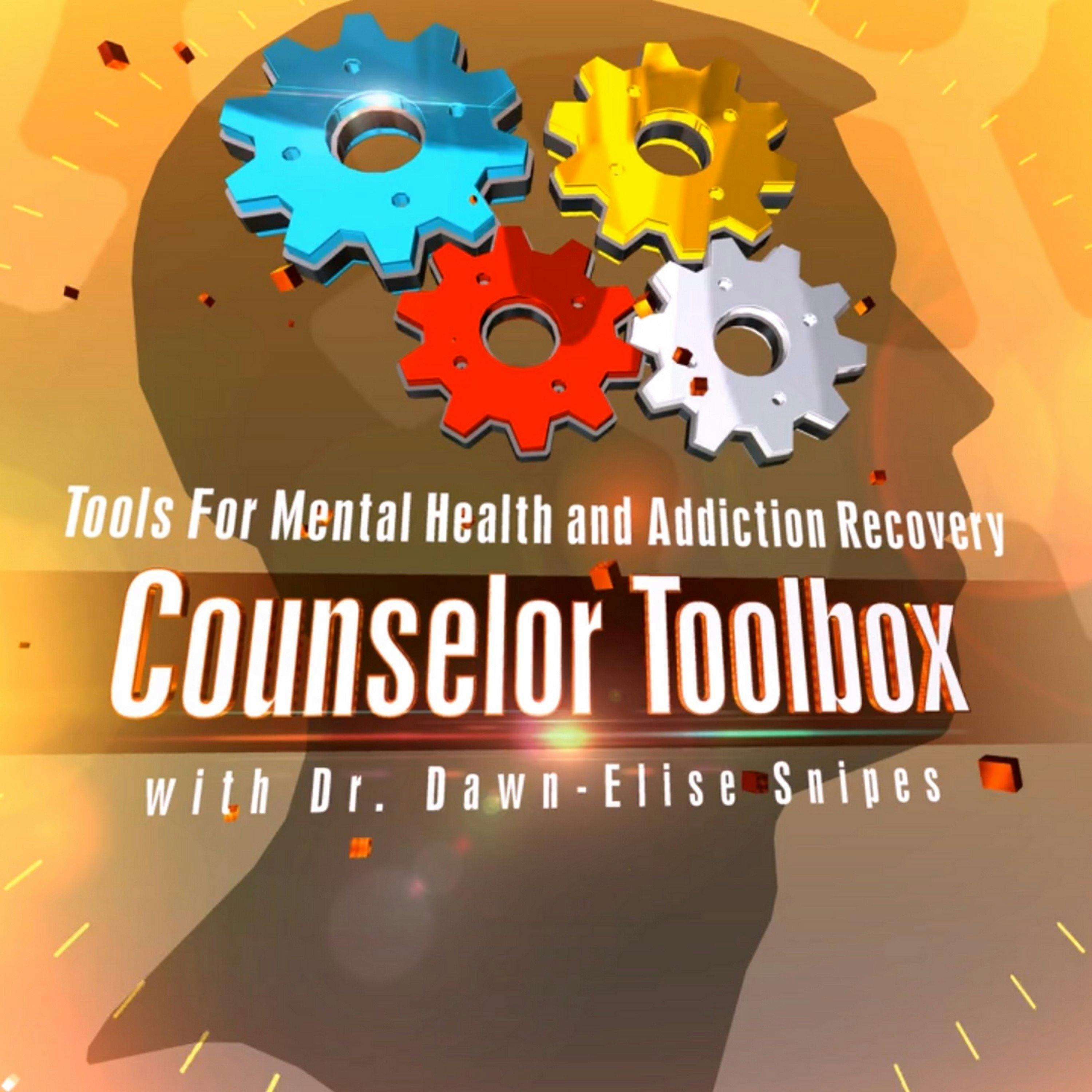Psychological Abuse & Trauma Bonds in Codependency _ Interview with Lindsay Villandry (Part 1)
Description
Introduction
Presenter: Dr. Dawn-Elise Snipes discusses psychological abuse, trauma, and the healing process.
The focus is on different forms of abuse, relational trauma, and their long-lasting impacts on mental health and interpersonal relationships.
Types of Abuse
Forms of Abuse: Abuse can be emotional, physical, financial, or sexual. Emotional abuse and neglect are particularly harmful, often having more severe long-term effects than physical abuse.
Impact of Words: Hurtful words from significant others or caregivers can have deep emotional consequences. Victims may start doubting their own self-worth, questioning their perceptions of love and safety.
Relational Trauma and Hypervigilance
Relational Trauma: Emotional abuse leaves individuals feeling unsafe and powerless, affecting their ability to form healthy relationships.
Hypervigilance: Survivors of trauma often become hyper-aware, constantly scanning for threats in relationships and interpreting benign actions as harmful.
Psychological Manipulation: Gaslighting
Gaslighting Defined: A form of manipulation where the abuser tries to make the victim doubt their own reality, making them feel crazy or powerless.
Example: The victim might feel confused and question their own memory or sanity when told that their version of events never happened.
Trauma and Addictive Relationships
Addictive Behaviors: Trauma often leads to addictive behaviors, not just with substances but also with relationships. People may remain in harmful relationships despite negative consequences, mirroring the cycle of substance addiction.
Emotional Attachment: Addictive relationships can be illogical, where individuals keep returning to toxic relationships because of emotional trauma, even when it’s harmful.
Narcissism and Personality Disorders
Narcissism vs. Narcissistic Personality Disorder: Narcissistic traits and behaviors, while common, do not necessarily mean someone has Narcissistic Personality Disorder (NPD). True NPD involves grandiosity, lack of empathy, and a tendency to manipulate others for personal gain.
Behavior as Communication: Narcissistic behaviors may communicate insecurity, fear, or the need for validation, and are often misunderstood as purely selfish or arrogant.
Attachment Theory and Personality Development
Attachment Styles: Early relationships with caregivers shape attachment styles, which influence how individuals form relationships later in life.
Anxious Attachment: Involves constantly seeking validation from others.
Avoidant Attachment: Results from neglect or criticism, leading individuals to avoid emotional closeness.
Disorganized Attachment: A combination of anxious and avoidant tendencies, often developed from inconsistent caregiving.
Impact of Insecure Attachment: When children experience inconsistent or neglectful caregiving, they struggle to form secure attachments, leading to emotional difficulties as adults.
Trauma and Personality Disorders
Personality Disorders and Trauma: Personality disorders, like NPD or borderline personality disorder, often stem from early childhood trauma and chaotic environments. These disorders are coping mechanisms developed to survive difficult situations.
Healing and Recovery
Healing Through Self-Awareness: Understanding attachment styles, trauma, and the effects of emotional abuse is the first step in healing.
Enmeshment and Boundaries: Enmeshment, where caregivers overly control a child’s thoughts and emotions, can lead to difficulties in forming autonomy. Healing involves learning to set boundaries and develop a healthy sense of self.
Learn more about your ad choices. Visit megaphone.fm/adchoices
More Episodes
Learn more about your ad choices. Visit megaphone.fm/adchoices
Published 11/21/24
Published 11/21/24
Introduction
Presenter: Dr. Dawn-Elise Snipes discusses helping families navigate life transitions using the Flower Empower Model.
The focus is on understanding how various transitions impact both individuals and families, emphasizing the importance of supportive partnerships between...
Published 11/19/24


